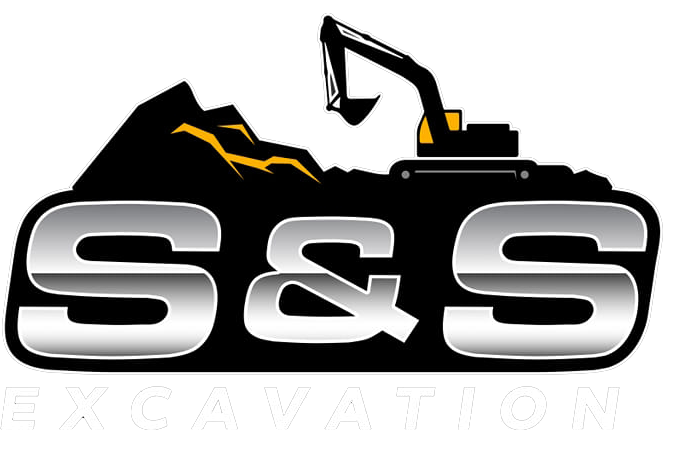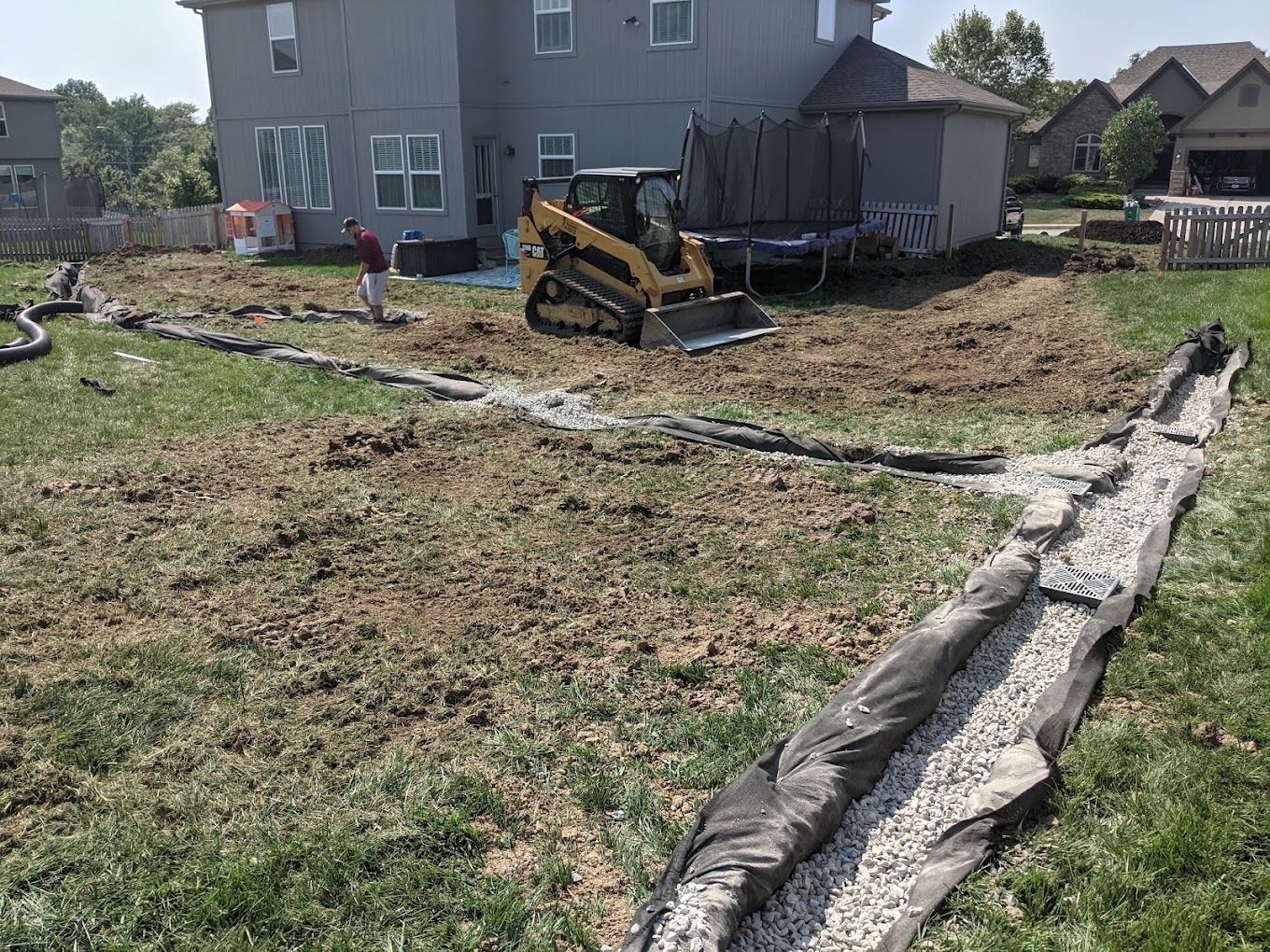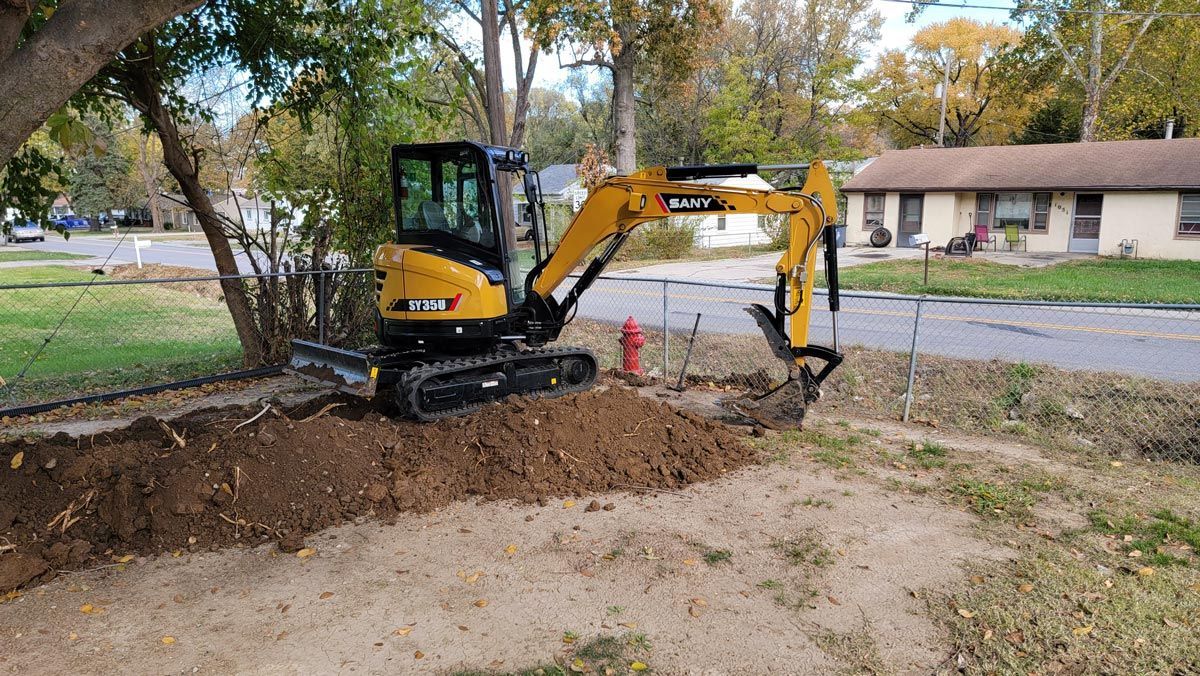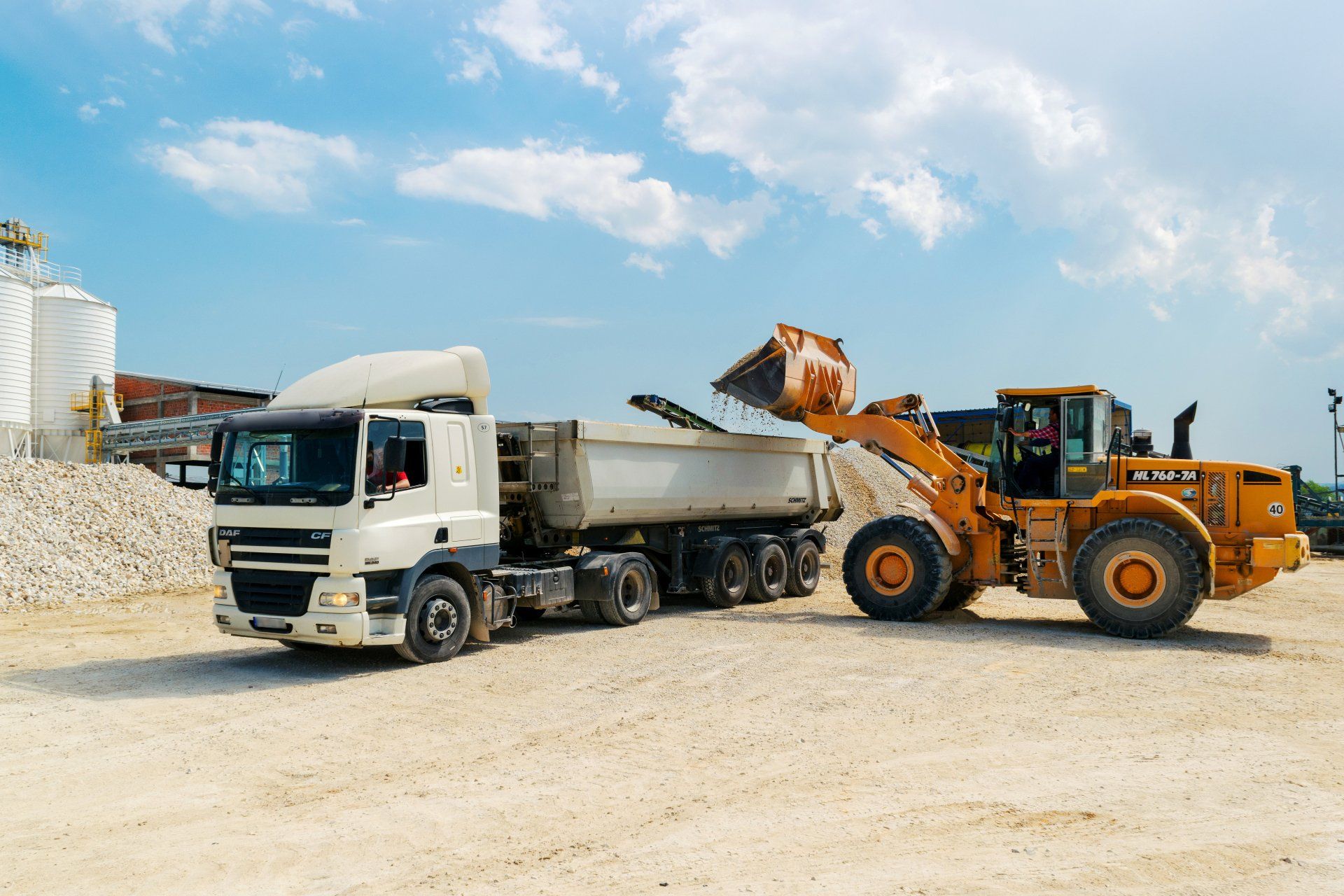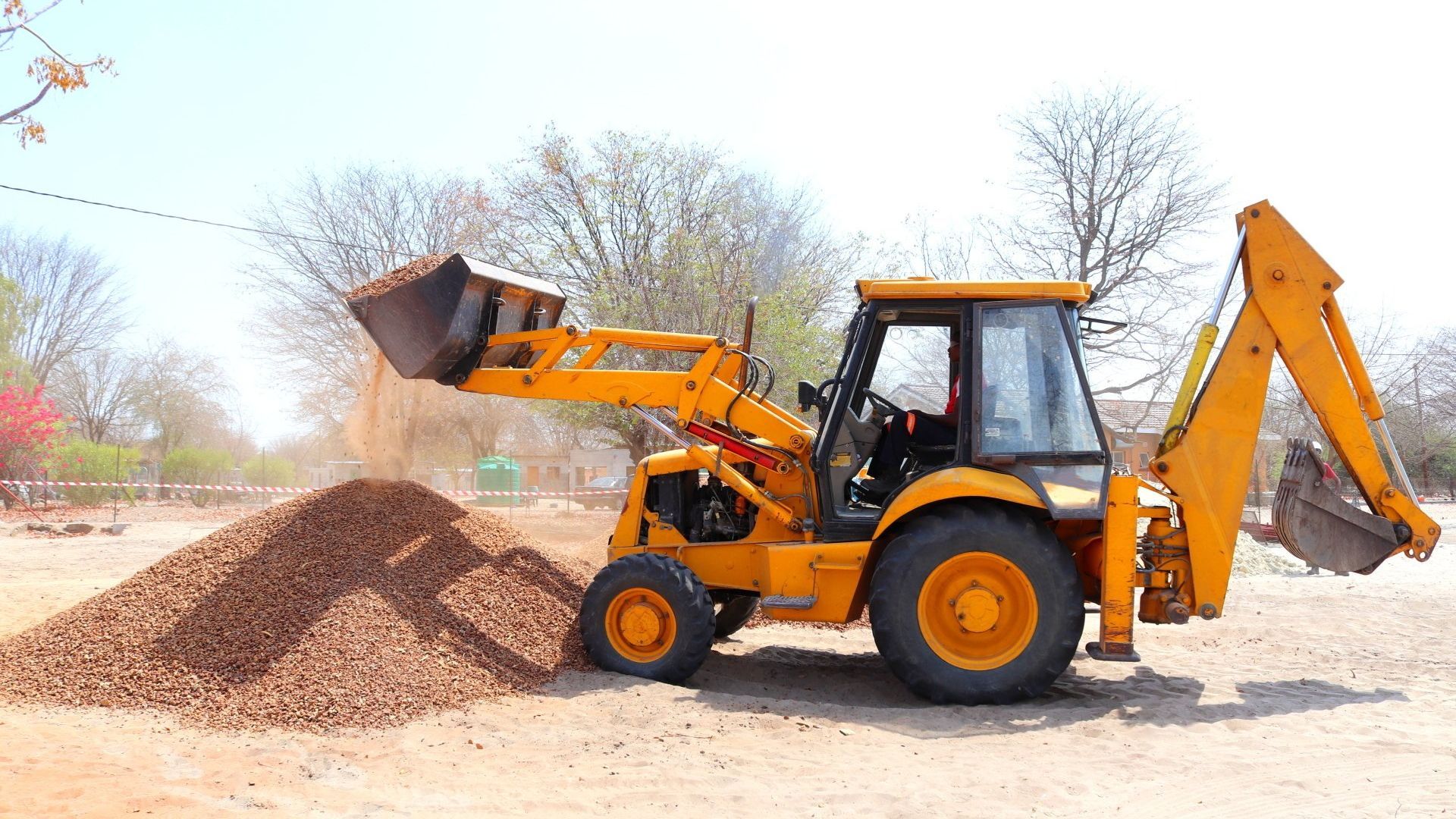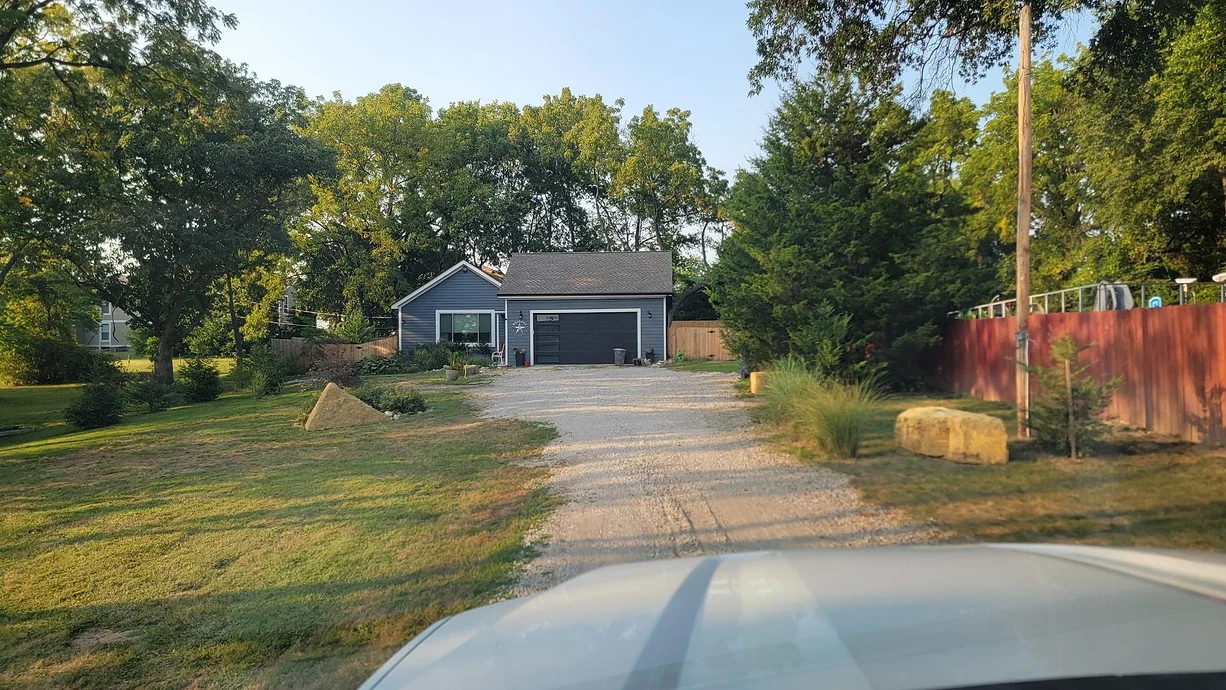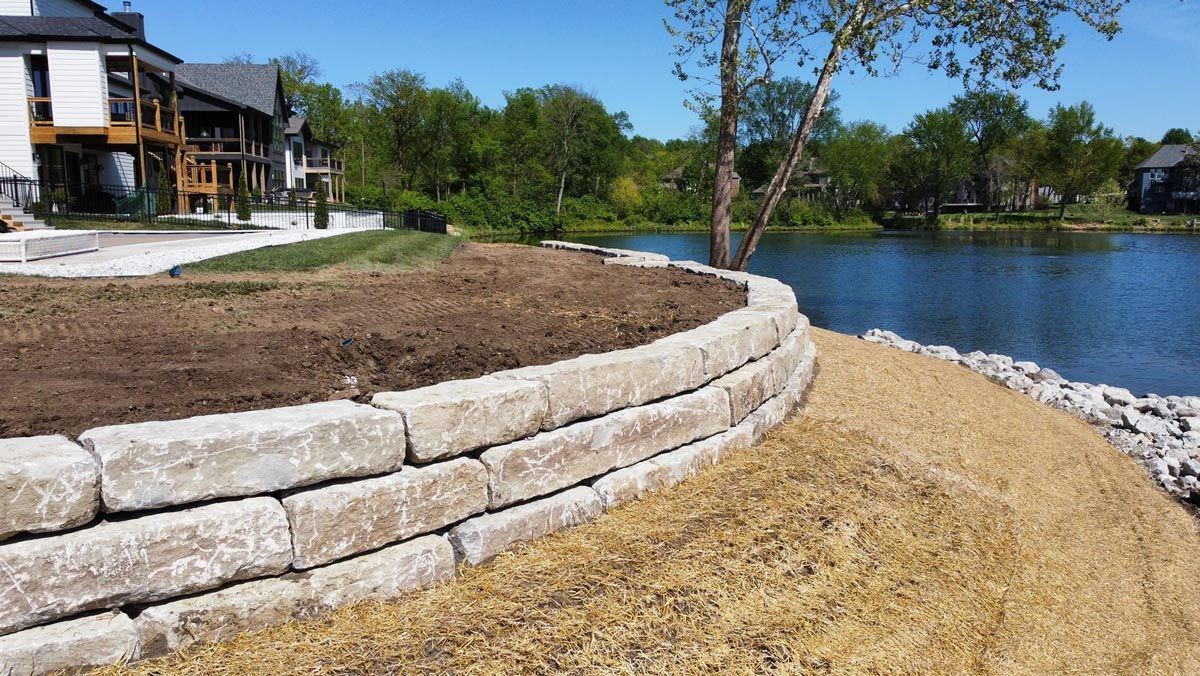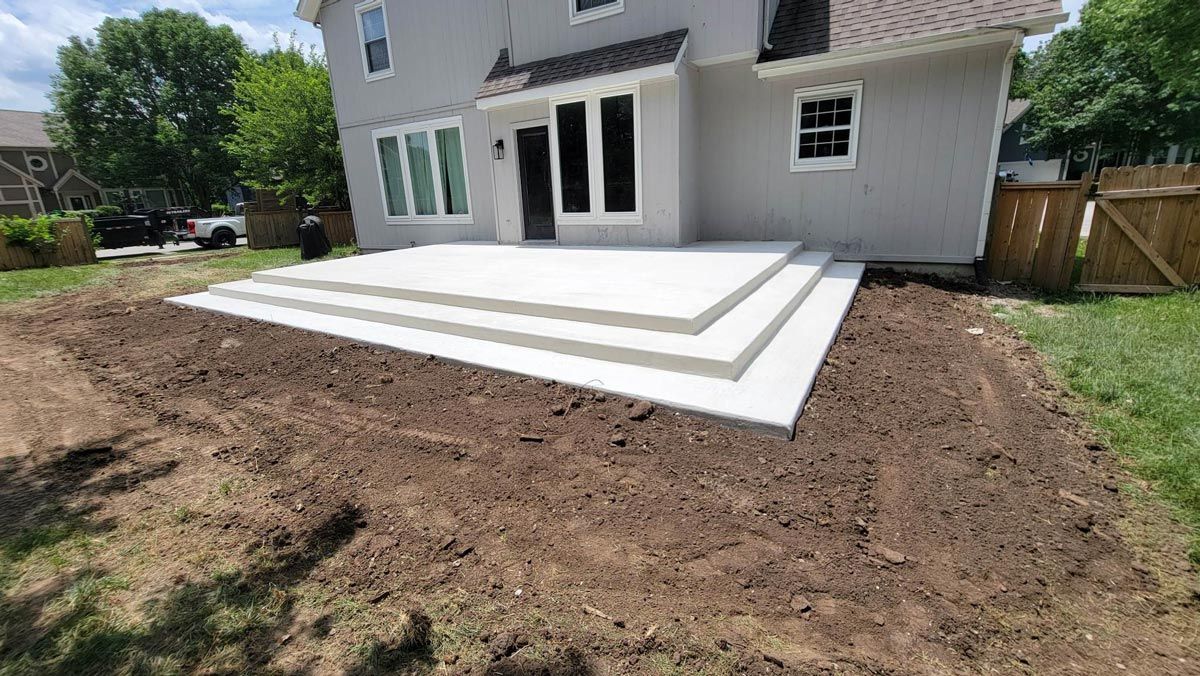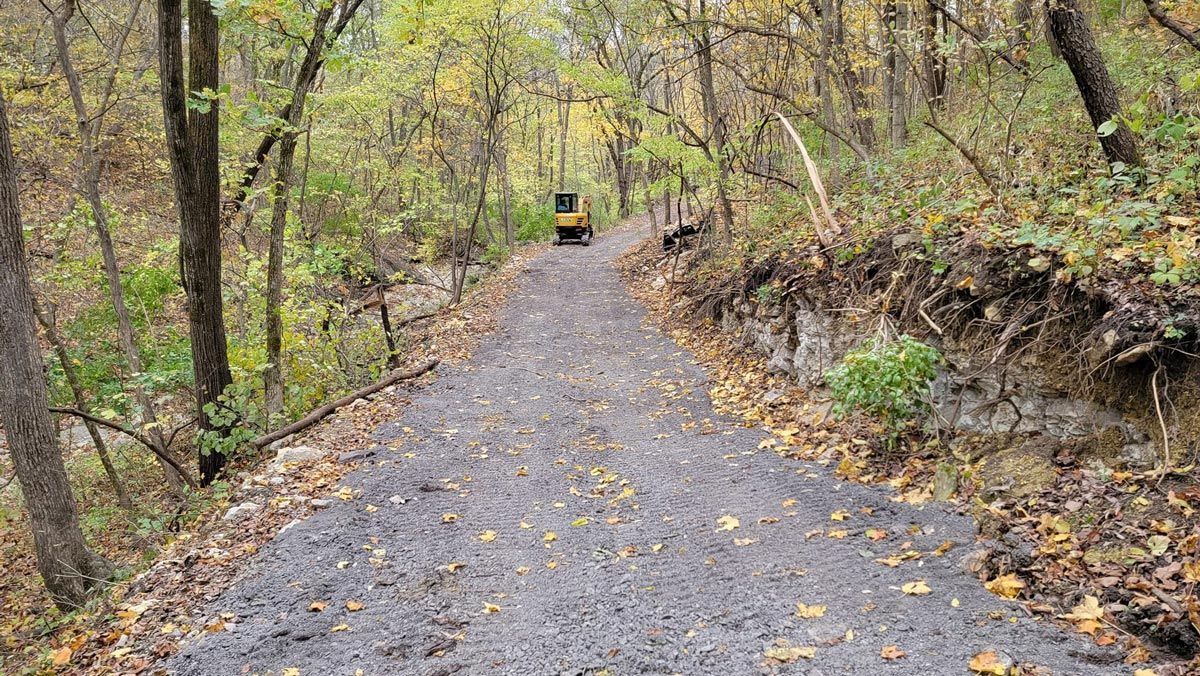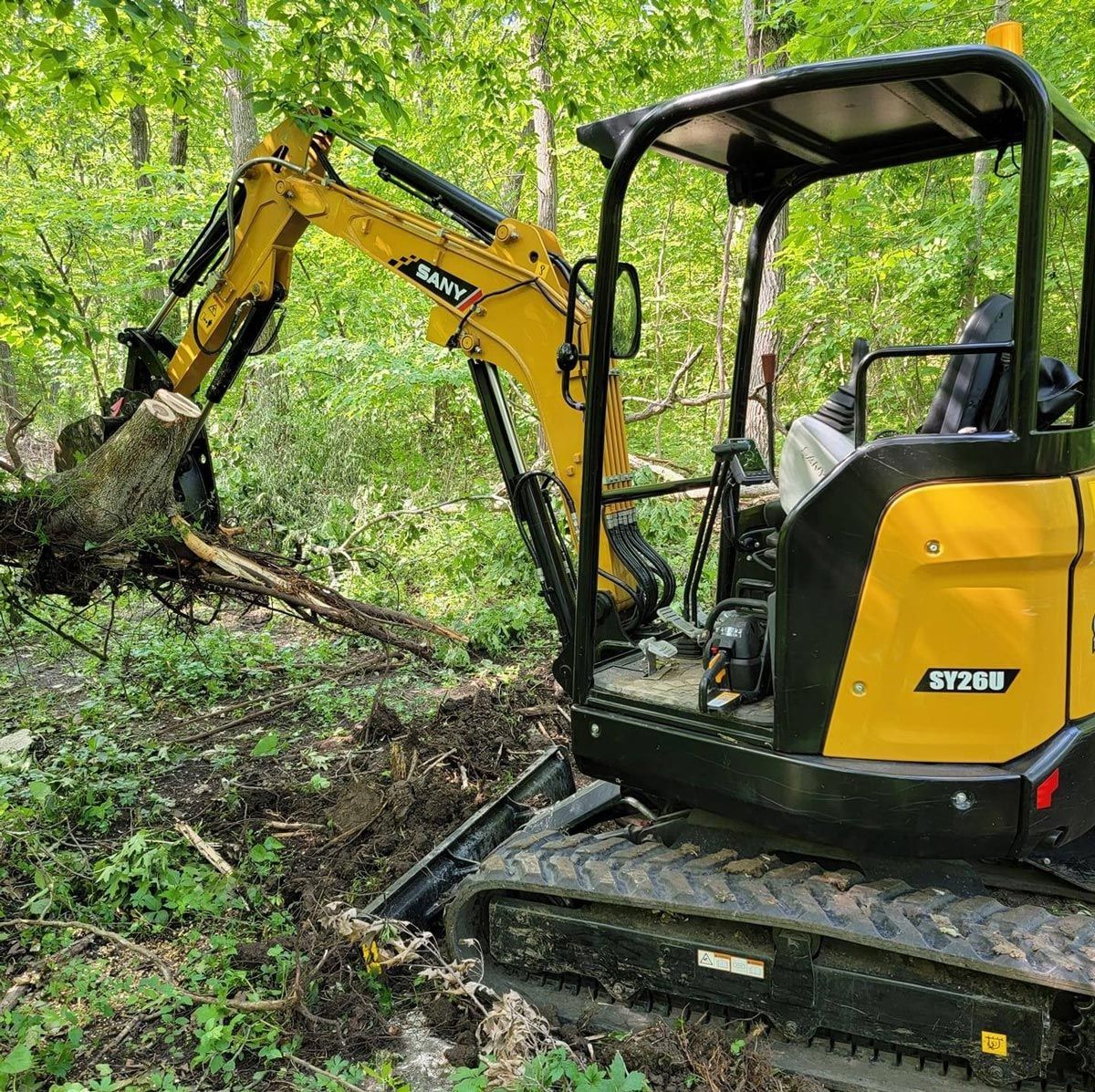How Much Does Land Clearing Cost in 2025? Complete Guide
Clearing land is often one of the first steps in preparing a property for construction, landscaping, or farming. But how much does land clearing cost in 2025? Prices have shifted due to rising labor costs, equipment expenses, and environmental regulations. Understanding what affects the cost can help you budget effectively and avoid surprises.
What Is Land Clearing?
Land clearing involves removing trees, stumps, brush, rocks, and debris from a property. The scope of work depends on the land’s size, terrain, vegetation density, and your intended use. Common land clearing tasks include:
- Tree and stump removal
- Brush and shrub clearing
- Grading and leveling
- Debris disposal
Land clearing can be done manually, with machinery like bulldozers and skid steers, or a combination of both, depending on the property.
Average Land Clearing Costs in 2025
Land clearing is an essential first step for construction, landscaping, or farming projects. Costs can vary widely depending on property size, terrain, vegetation, and local labor rates. In 2025, homeowners and developers should expect the following averages:
| Measurement / Lot Size | Typical Cost Range (2025) |
|---|---|
| Per Acre | $1,500 – $6,000 |
| Per Square Foot | $0.10 – $0.75 |
| Lot Size Example (0.5 acre) | $750 – $3,000 |
| Large Lot (5 acres) | $7,500 – $30,000 |
Factors Affecting Land Clearing Costs
- Lot Size & Shape: Larger or irregular-shaped lots require more time and equipment.
- Vegetation Density: Heavily wooded lots cost more due to tree removal and stump grinding.
- Terrain & Soil Type: Rocky, hilly, or swampy land increases labor and equipment needs.
- Access & Location: Remote or difficult-to-access sites can raise transportation and labor costs.
- Debris Removal & Hauling: Costs rise if you need trees, stumps, or brush hauled away.
- Equipment Type: Bulldozers, excavators, or chainsaws are priced differently; heavy machinery increases costs.
- Local Regulations: Permits, environmental restrictions, or debris disposal rules can add fees.
Equipment Used in Land Clearing
Land clearing projects use different equipment depending on lot size, vegetation, and project scope:
- Bulldozers & Excavators: Best for large lots and removing heavy trees.
- Chainsaws & Brush Cutters: Ideal for small trees, shrubs, and precise clearing.
- Stump Grinders: Efficiently remove tree stumps after cutting.
- Skid Steers & Loaders: Help move debris and assist with land grading.
- Chippers & Mulchers: Break down branches and brush for easier disposal or reuse.
Using the right equipment ensures the land clearing process is faster, safer, and more efficient than manual labor alone.
Environmental & Safety Considerations
When clearing land, it’s important to follow environmental and safety guidelines to avoid fines, damage, or accidents:
- Protect Wildlife & Vegetation: Check for protected trees, wetlands, or habitats before clearing.
- Erosion Control: Use barriers or retain vegetation on slopes to prevent soil erosion.
- Proper Waste Disposal: Dispose of brush, stumps, and debris according to local regulations.
- Fire Safety: Avoid burning debris without permits; always follow fire safety rules.
- Personal Safety: Wear protective gear gloves, goggles, boots and ensure proper equipment training.
- Equipment Safety: Inspect machinery before use and follow manufacturer guidelines to prevent accidents.
Following these considerations helps ensure safe, compliant, and environmentally responsible land clearing.
DIY vs. Professional Land Clearing
Land clearing is the first step to prepare your property for construction, landscaping, or farming. Costs vary based on lot size, vegetation, terrain, and whether you do it yourself or hire professionals.
| Aspect | DIY | Professional |
|---|---|---|
| Cost | Lower upfront | Higher upfront |
| Equipment | Rent or purchase needed | Included in service |
| Time | Longer | Faster, more efficient |
| Safety | Higher risk | Safer, trained operators |
| Quality | Variable | Consistent results |
Ways to Reduce Land Clearing Costs
- Compare Multiple Quotes: Get estimates from several local contractors to find the best price.
- Do Some Work Yourself: Removing small brush or hauling debris can lower labor costs.
- Plan Ahead: Schedule clearing during off-peak seasons when rates may be lower.
- Simplify the Project: Only clear areas necessary for your project to save time and money.
- Choose Cost-Effective Methods: For smaller lots, hand clearing may be cheaper; for larger lots, mechanical clearing is more efficient.
- Reuse or Sell Timber: If trees or wood are salvageable, selling or repurposing them can offset costs.
Final Thoughts
Land clearing costs in 2025 depend on factors like lot size, vegetation density, terrain, and whether you choose DIY or professional services. Careful planning, comparing multiple quotes, and following safety and environmental guidelines can help reduce costs and prevent issues.
Hiring a local professional ensures the work is done efficiently, safely, and in compliance with regulations, giving you a clean, ready-to-use property for your project.
Frequently Asked Questions
What is the average cost to clear land per acre in 2025?
The average cost to clear land per acre in 2025 ranges from $1,500 to $6,000, depending on factors like vegetation density, terrain, and local labor rates. Smaller lots with light brush will be on the lower end, while heavily wooded or difficult-to-access properties can reach the higher range. Costs also vary based on whether you hire professionals or do some of the work yourself.
Does land clearing include stump removal?
Land clearing often does not include stump removal unless specified. Grinding or removing stumps typically adds $100 to $500 per stump, depending on size and location. It’s important to clarify this with your contractor to avoid unexpected charges.
Can I clear land myself to save money?
DIY land clearing is possible for small lots or light vegetation and can save money on labor. However, it requires proper tools, safety gear, and permits, and can be time-consuming. For large or dense lots, professional services are safer, faster, and more efficient.
How long does land clearing usually take?
The time required for land clearing depends on lot size and vegetation. Small lots may take 1–3 days, medium lots up to a week, and large, heavily wooded properties 1–2 weeks or more. Using the right equipment and experienced contractors can significantly reduce the timeline.
What equipment is typically used in land clearing?
Common land clearing equipment includes bulldozers, excavators, chainsaws, stump grinders, skid steers, and mulchers. Heavy machinery is ideal for large lots and dense vegetation, while smaller tools like chainsaws work well for precision clearing or smaller areas.
Are there environmental regulations I need to follow?
Yes, environmental regulations may apply. Certain trees, wetlands, or wildlife habitats are protected, and burning debris often requires permits. Following local rules ensures compliance and helps prevent fines or environmental damage.
How can I reduce land clearing costs?
Costs can be reduced by comparing multiple quotes, doing some work yourself like removing small brush, planning for off-peak seasons, and clearing only necessary areas. Reusing or selling timber can also offset expenses. Efficient planning and smart choices make a big difference in total cost.
Read More
